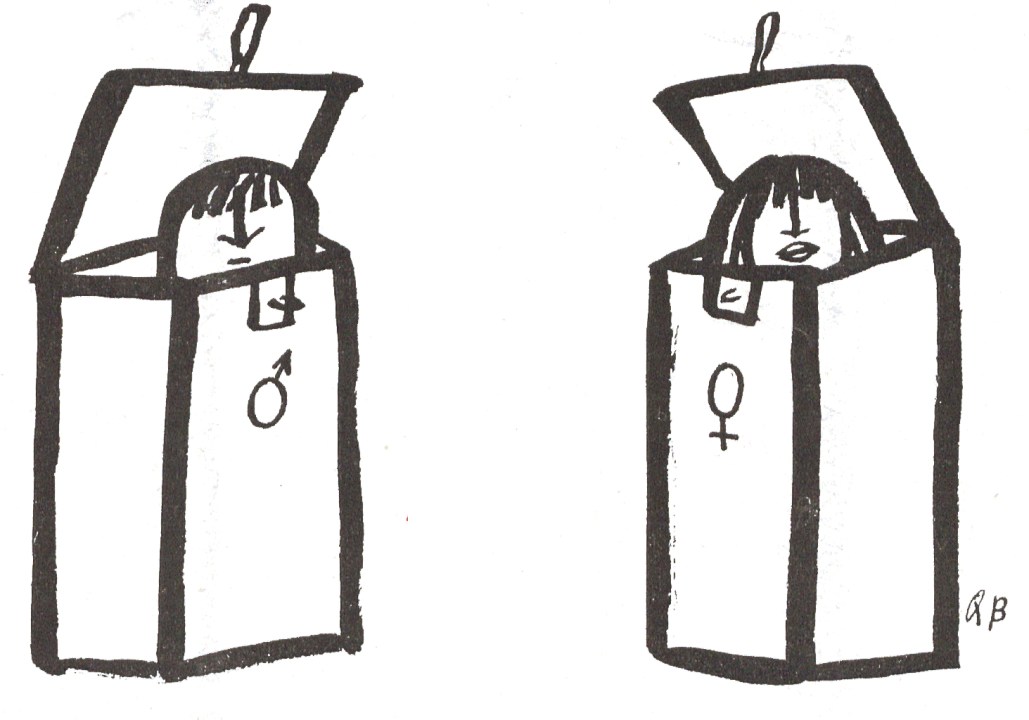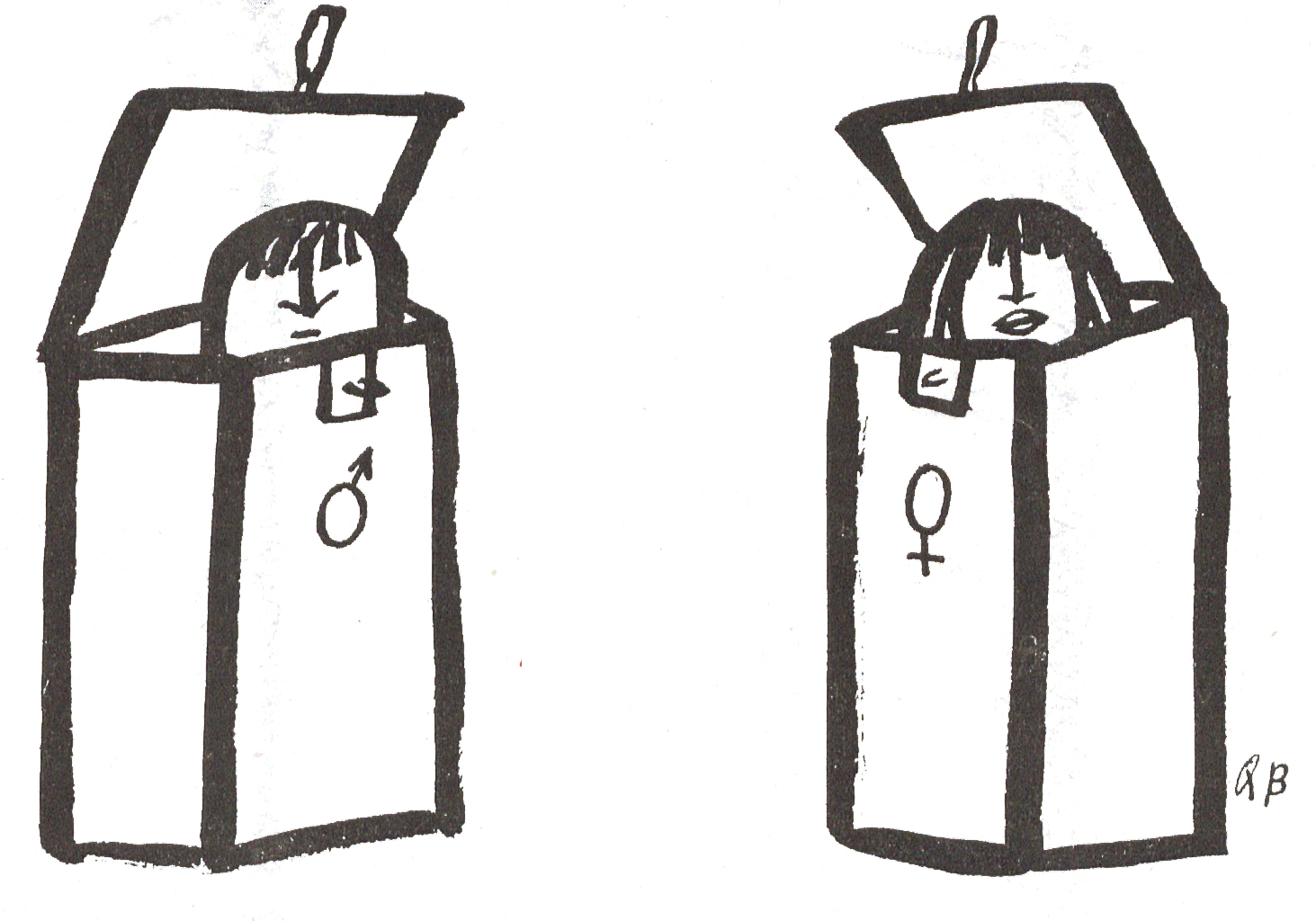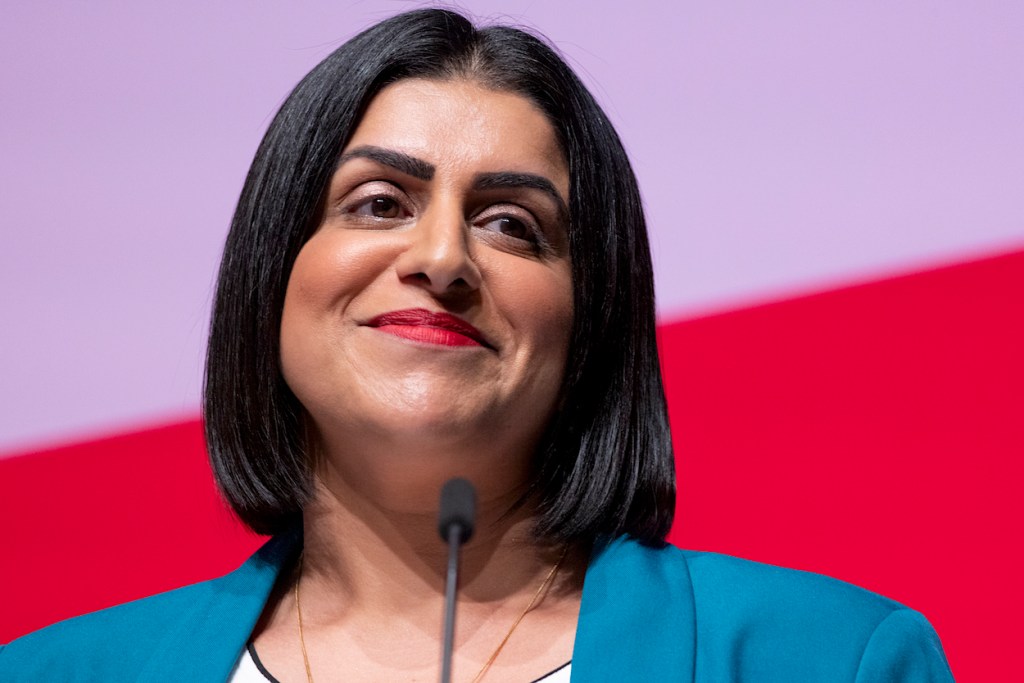In the annual queer calendar, which appears to operate at full capacity 365 days of the year, nothing is more auspicious or necessary than asexual awareness week, also known as Ace Week, which takes place this week. The aim is to ‘raise awareness, build community, and create change around the world.’
If you’re someone who suspects that those claiming an asexual identity are simply narcissistic attention seekers, or incels indoctrinated by Stonewall, think again.
There’s a TEDx talk entitled ‘this is what asexual looks like’, in which Yasmin Benoit, an ‘asexual activist and model’, informs us that asexuality is on a spectrum – meaning it is possible to experience sexual attraction, yet still identify as asexual. Similarly, aromantics may occasionally fall in love or develop a minor crush, but still have a right to claim their proud identity. There is, according to Benoit, a serious lack of representation of asexuals in mainstream culture.
Stonewall Scotland has a helpful resource on its website entitled, ‘We asked seven ace people what they wish allies knew about their identities – here’s what they told us.’ For example, ‘You don’t have to experience zero sexual attraction to be a part of the ace community. Demisexual and greysexual people belong in the community.’
For the benefit of any bigots who haven’t bothered reading up on what those particular identities are, let me help you out. Demisexual is an ‘umbrella term used to describe people who may only feel sexually or romantically attracted to people with whom they have formed an emotional bond’, whereas ‘greysexual’ (also known as Grey-A) is another umbrella term, this time describing people who experience attraction only occasionally, rarely, or under certain conditions.
And do bear in mind that, ‘Some people on the ace spectrum do have a sex drive.’
Right.
Ace week has been going since 2010. There is an annual ace community census survey, as well as conferences and asexual outreach work to provide advocacy.
Stonewall also hosts an Ace Hub, filled with stories about growing up trans and ace, being an ally to ace people, being queer and ace, and then of course there is the ‘Ace in the UK’ report published last year, co-authored by Benoit and Stonewall’s director of communications and external affairs. The aim of the report, we are informed, is to increase visibility for those who experience little or no sexual attraction.
Apparently asexuals suffer greatly due to external prejudice. I can well imagine asexuals being thrown out of their families and communities once they reveal they don’t fancy a shag. Perhaps they have been beaten up on the street, unfairly dismissed from jobs, and lost their homes, all as a result of admitting they’d rather have a cup of tea than a good seeing to.
‘I want to get to the point where we don’t need to raise awareness anymore because it doesn’t need to be seen as brave. It shouldn’t be. It’s the way that we naturally are. But at the moment it seems like a big deal,’ says one ace quoted in the report.
I think I can safely say that a) it definitely isn’t seen as a big deal, and b) nobody thinks people she’s brave for her lack of interest in sex.
Policy recommendations include: ‘We believe that officially recognising sexual identities as minority sexual orientations could help improve understanding and support, including through equality law, hate crime law, and guidance on teaching about LGBTQ+ identities in school.’
Shockingly, according to the Stonewall report, ‘Just 9 per cent of ace respondents reported being open with all colleagues at a similar or lower level than them, compared to 39 per cent of all respondents, and 49 per cent of respondents weren’t open with any colleagues that are similar or lower level than them, compared to 18 per cent of all LGBTQ+ respondents.’
Asexual-friendly workplaces would feature ‘an absence of the ceaseless interrogation of what your sexuality is’. I think that’s already covered. The lesbian and gay liberation movement might, at some stage over the past 50 years, have mentioned that it’s not okay to interrogate anybody about their sexuality in the workplace.
But I think the most confusing bit in this ridiculous report is on accessing healthcare as an ace person. Apparently, asexuality is pathologised; aces are considered to have a sexual dysfunction. But by whom, and how?
I am tempted to suggest that perhaps the ace community could lighten up a bit. Though in saying that, I will likely have committed a hate crime.









Comments